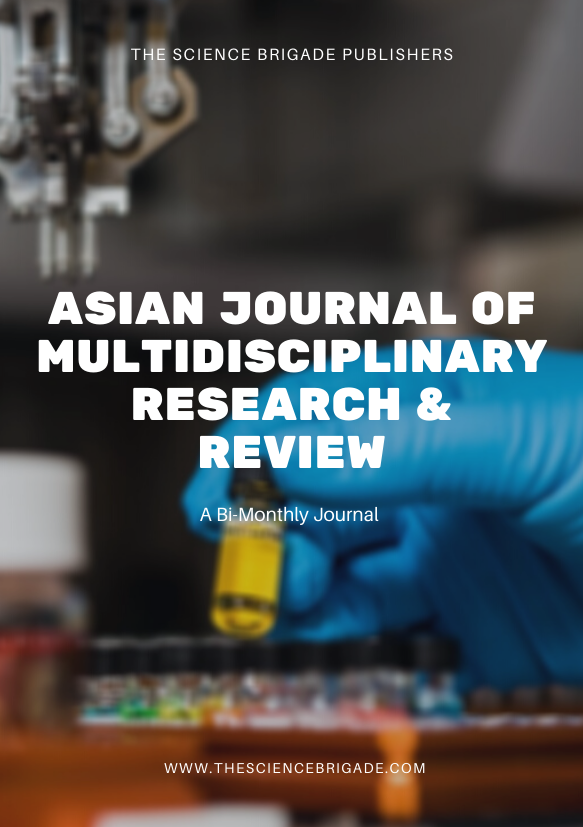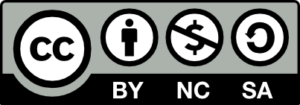This paper examines the concept of blended learning, which combines traditional face-to-face classroom instruction with online learning activities. Blended learning offers a flexible and adaptable educational experience, incorporating the strengths of both traditional and online modalities. The COVID-19 pandemic has emphasized the importance of blended learning by enabling remote learning while maintaining human interaction. The advantages of blended learning, including flexibility, active learning, personalization, and scalability. Various blended learning models, such as the Rotation Model, Flex Model, Self-Blend Model, and Enriched Virtual Model, are used for their unique characteristics. However, blended learning also presents challenges, such as ensuring equitable access to technology, integrating online and face-to-face components effectively, evaluating different models, and implementing best practices. To address these challenges, a systematic literature review was conducted, identifying 12 relevant articles for analysis. The paper explores the advantages of blended learning and highlights challenges related to technology, pedagogy, social interaction, assessment, and institutional support. Potential solutions are proposed, including infrastructure improvement, technical support, instructional design assistance, fostering social presence, and implementing appropriate assessment practices. Overcoming these challenges and implementing suggested solutions can enhance the implementation of blended learning and improve the learning experience for students and educators in higher institutions of learning.
Blended Learning: Systematic Literature Review in the Context of Covid19 Pandemic
Publication Information
Journal Title: Asian Journal of Multidisciplinary Research & Review
Author(s): Moreen Kabarungi, Annabella Habinka, Simon Kawuma & Richard Ntwari
Published On: 07/08/2023
Volume: 4
Issue: 4
First Page: 41
Last Page: 61
ISSN: 2582-8088
Publisher: The Law Brigade Publisher
Cite this Article
Moreen Kabarungi, Annabella Habinka, Simon Kawuma & Richard Ntwari, Blended Learning: Systematic Literature Review in the Context of Covid19 Pandemic, Volume 4 Issue 4, Asian Journal of Multidisciplinary Research & Review, 41-61, Published on 07/08/2023, Available at https://ajmrr.thelawbrigade.com/article/blended-learning-systematic-literature-review-in-the-context-of-covid19-pandemic/
Abstract
Share this research
Latest Publications

License Information
Copyright © [hfe_current_year]
Moreen Kabarungi, Annabella Habinka, Simon Kawuma & Richard Ntwari

Ownership and Licensing:
Authors of this research paper submitted to the Journal of Science & Technology retain the copyright of their work while granting the journal certain rights. Authors maintain ownership of the copyright and have granted the journal a right of first publication. Simultaneously, authors agreed to license their research papers under the Creative Commons Attribution-NonCommercial-ShareAlike 4.0 International (CC BY-NC-SA 4.0) License.
License Permissions:
Under the CC BY-NC-SA 4.0 License, others are permitted to share and adapt the work, as long as proper attribution is given to the authors and acknowledgement is made of the initial publication in the Journal of Science & Technology. This license allows for the broad dissemination and utilization of research papers.
Additional Distribution Arrangements:
Authors are free to enter into separate contractual arrangements for the non-exclusive distribution of the journal’s published version of the work. This may include posting the work to institutional repositories, publishing it in journals or books, or other forms of dissemination. In such cases, authors are requested to acknowledge the initial publication of the work in the Journal of Science & Technology.
Online Posting:
Authors are encouraged to share their work online, including in institutional repositories, disciplinary repositories, or on their personal websites. This permission applies both prior to and during the submission process to the Journal of Science & Technology. Online sharing enhances the visibility and accessibility of the research papers.
Responsibility and Liability:
Authors are responsible for ensuring that their research papers do not infringe upon the copyright, privacy, or other rights of any third party. The Journal of Science & Technology and The Science Brigade Publishers disclaim any liability or responsibility for any copyright infringement or violation of third-party rights in the research papers.




